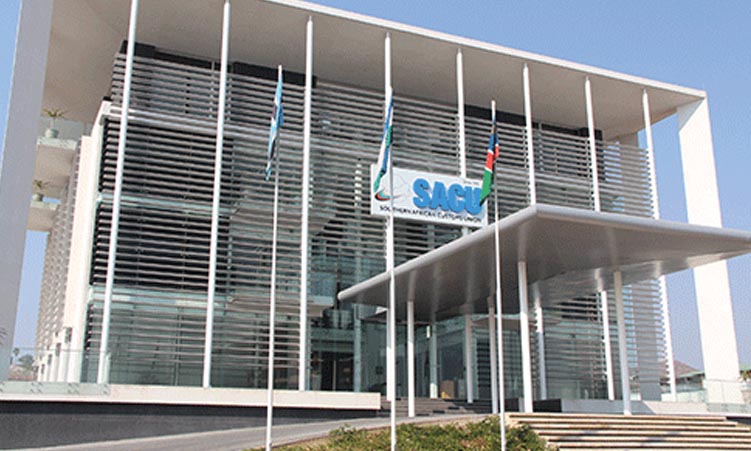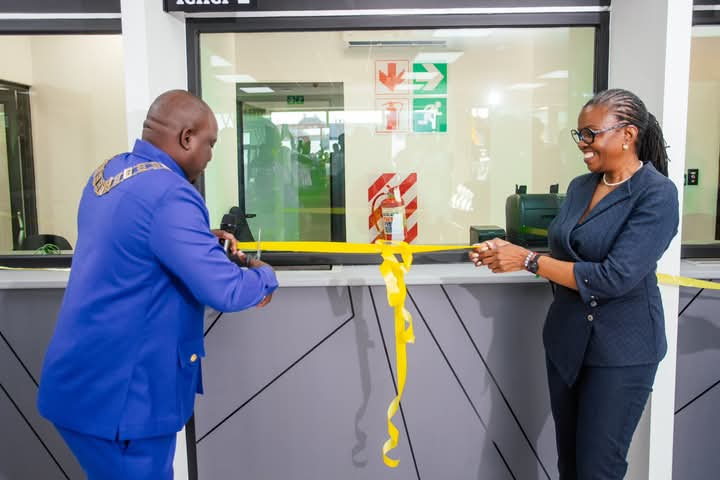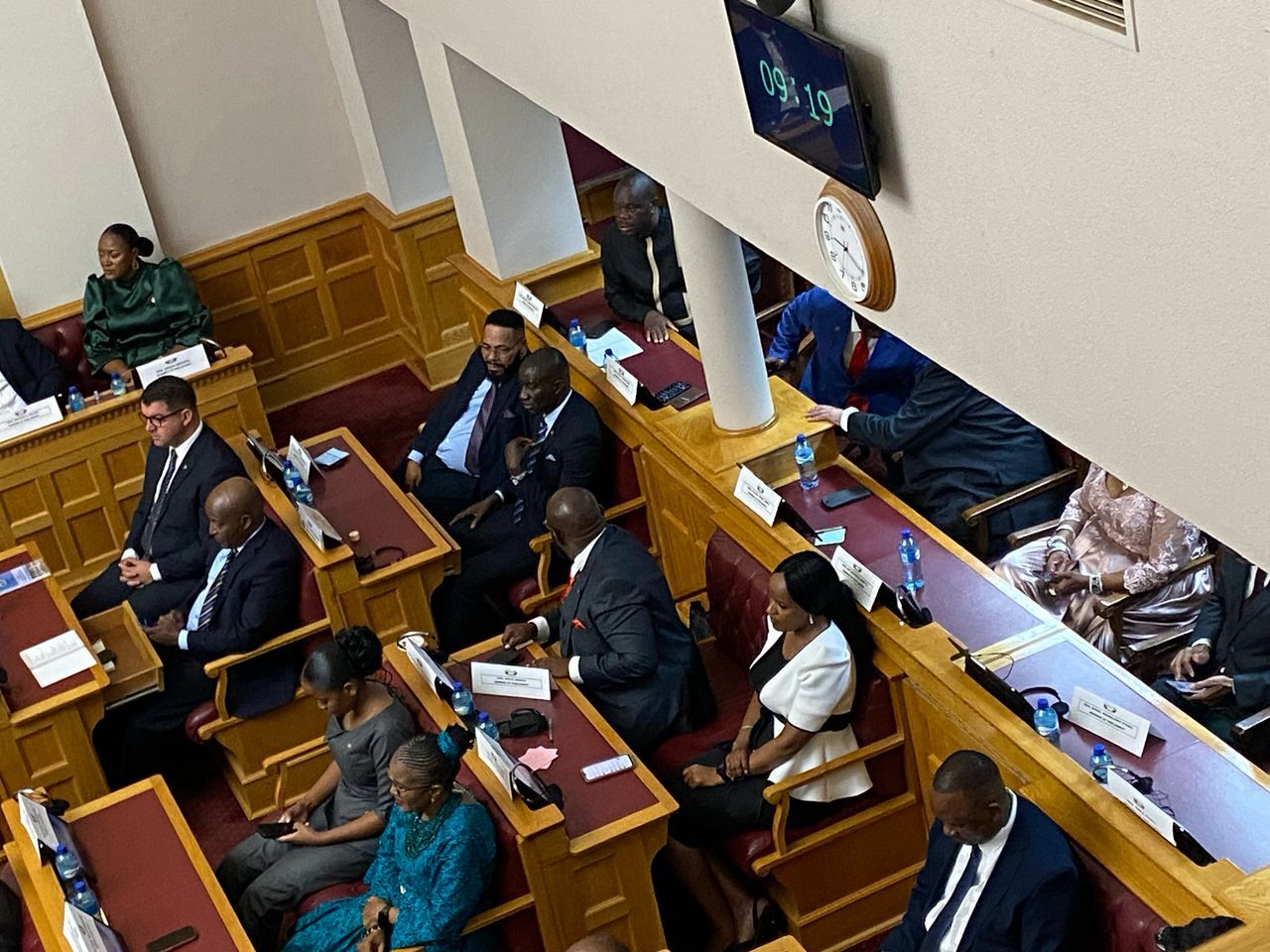The Tyre Import Association of South Africa (Tiasa) has voiced concern over Namibia’s failure to implement the Southern Africa Customs Union (Sacu) regulations relating to recent anti-dumping duties on tyres.
Tiasa’s chairperson and managing director of Treadzone, Charl de Villiers, revealed that Namibia’s enforcement failure has allowed for illicit practices in the tyre sector, costing South Africa billions in revenue and enabling counterfeit automotive parts to infiltrate neighbouring countries.
He alleged that Namibia, a Sacu member, “was not enforcing these duties, creating an incentive for importers to route their products through Namibia to evade taxes and duties”.
De Villiers pointed out that Namibia’s lax approach to enforcing the duty regulations has resulted in misdeclarations within the tyre industry.
“My concern is if our neighbour Namibia is not implementing the tariff book that they all agreed on, where are we going? South Africa’s borders are already porous in terms of people coming in and products are now going to come in through other avenues as well,” he said according to Moneyweb News.
Individuals and businesses are reportedly exploiting loopholes by misclassifying imported tyres as non-tax items, such as rice or wheelchair tyres, which are not subject to duty.
He cited a specific example of tyres being imported via Namibia falsely labelled as “wheelchair tyres when they were actually ultra-high-performance tyres”.
The situation has raised significant concerns, as it contributes to the growing problem of illicit financial flows (IFFs) in South Africa.
According to a pilot study conducted by the United Nations Convention on Trade and Development (Unctad), South Africa is losing a staggering US$21,9 billion annually in inward IFFs and US$40,9 billion in outward IFFs.
“These illicit financial flows not only deprive South Africa of much-needed revenue but also hinder progress in the development of critical infrastructure, including schools, hospitals, and safer roads,” it is reported.
The issue was highlighted at a conference on increased illegal trading in automotive components held at the Automechanika event in Johannesburg.
Shawn Reddy, Motus’ aftermarket parts product marketing manager, also expressed concerns about the proliferation of counterfeit automotive parts.
Reddy stated that approximately 75% of automotive parts sold in the Nigerian market are counterfeit.
With South Africa’s porous borders, there is a genuine concern that these counterfeit parts are infiltrating neighbouring countries like Niger and Cameroon.
“We’ve already seen the counterfeit market expanding into ‘lubes’, which are oil brands, in our neighbouring countries, such as Mozambique and Zimbabwe,” Reddy warned.
Meanwhile, Sacu Secretariat spokesperson Kungo Mabogo noted that these allegations do not represent the official position of the entire country.
She said “such statements must come from the president or an assigned government representative to be considered the official stance of South Africa”.
Moreover, Mabogo said the Sacu Secretariat does not respond to opinions and only represents all its member states when discussing matters within the Sacu agenda.
“It is not the position of South Africa as a country. For an opinion to be cited as “South Africa” it MUST be made by the president, or someone assigned by the president to represent the government. Unfortunately, we are not aware of anything that South Africa as a government is accusing Namibia of,” she said.
– The Brief/Moneyweb
Stay informed with The Namibian – your source for credible journalism. Get in-depth reporting and opinions for
only N$85 a month. Invest in journalism, invest in democracy –
Subscribe Now!










